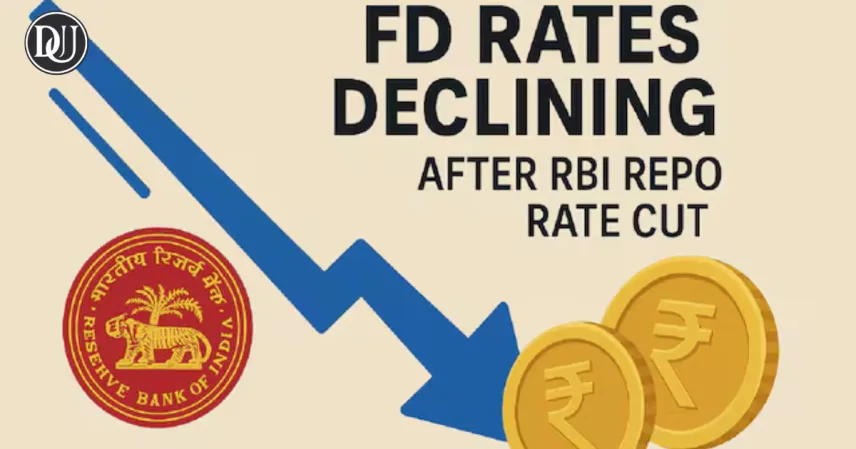In a move that’s giving everyone in the auto industry something to smile about, the Reserve Bank of India has just lowered its repo rate to 6% with a 25 basis point cut. For ordinary car buyers, this isn’t just a technical change; it’s a signal of hope that owning a dream ride might be more achievable than ever.
Cheaper Loans Mean More Buying Power
When the RBI brings down the repo rate, it sends a ripple effect through the banking system, which often translates to reduced interest rates on vehicle loans. This means that if you’re planning on buying a new car, the loan you need might soon come with a friendlier interest rate. More affordable car loans can make a significant difference for families and individuals looking to upgrade to a more reliable or spacious vehicle.
Confidence Boost for the Auto Industry
Leaders in the auto sector are cheering this move. The positive sentiment is akin to a strong cup of coffee for an industry that thrives on consumer confidence. With lower financing costs, dealerships are expecting more footfall, and manufacturers are gearing up for potentially higher sales. This step by the RBI may very well be the spark that ignites more robust growth in auto sales, shifting the market into a more upbeat and optimistic mode.
What This Means for You
For the average car buyer, the rate cut opens up exciting possibilities. Imagine planning your next car purchase with the reassurance that your financing options are becoming more budget-friendly. This means easier access to credit, smoother negotiations at the dealership, and a more comfortable financial plan to handle the purchase. It’s not just about the thrill of a new car—it’s about making a smart, affordable investment for the future.
A Turning Point for the Industry
This development comes at a time when the auto industry is navigating through a mix of challenges and opportunities. The RBI’s decision is seen by many as a timely intervention, one that could lead to renewed energy in an essential sector of India’s economy. It's a reminder that sometimes, thoughtful financial policy can make everyday dreams a little more attainable for all of us.










